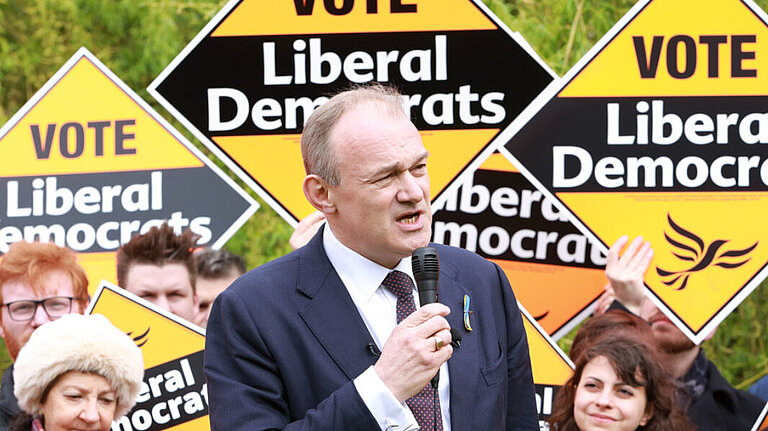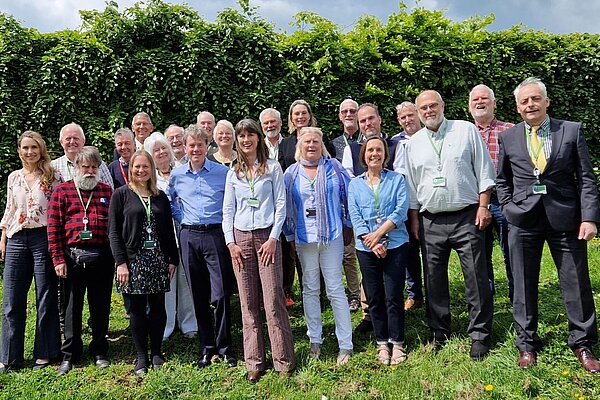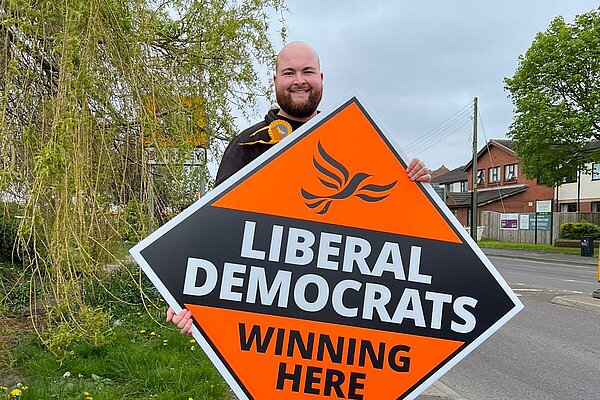
Understanding Membership, Councillors and MPs

Gateshead Council
A council runs local services such as housing, schools, libraries, waste collection, and local roads. It does not make national laws, set income tax, control immigration, or decide defence policy—that’s the role of Parliament and the UK Government.
Gateshead Council and its Councillors work on;
Children’s Social Care and Lifelong Learning
- Includes Children’s Social Care, Education, Maintained Schools, and Inclusion.
Corporate Services and Governance
- Encompasses Corporate Commissioning and Procurement, Human Resources, Legal and Democratic Services, Lord Lieutenant’s Office, and Public Service Reform.
Economy, Innovation and Growth
- Covers Business Enterprise, Jobs Employment and Skills; Climate Change, Compliance, Planning and Transport; and Energy, Major Projects and Infrastructure Development.
Housing, Environment and Healthy Communities
- Manages Environment and Fleet Management; Gateshead Construction Services; Highways and Waste; Neighbourhood, Housing and Homelessness; Property and Assets; Strategic Housing and Residential Growth.
Integrated Adults and Social Care Services
- Deals with Adult Social Care and Quality Assurance & Commissioning.
Office of the Chief Executive
- Includes Corporate Communications, Directorate Operations, Research and Intelligence.
Public Health and Wellbeing
- Covers Community Safety, Leisure, Libraries, and Public Health.
Resources and Digital
- Handles Commercialisation and Improvement, Customer Experience and Digital, Financial Management, and IT Services.
The UK Government & MPs
The UK Government runs national services such as national laws, set income tax, control immigration and defence policy. It does not make decision on social housing, local schools, libraries, waste collection, and local roads—that’s the role of Gateshead Council.
The Government and its MPs work on;
Treasury
- Heads the Treasury, oversees economic policy, Budget, public finances, taxation, and national spending.
Housing, Communities and Local Government
- Leads on local government (Councils and Combined Authorities), land planning, housing policy, and community development.
Foreign Office
- Manages foreign policy, international development, diplomacy, and global affairs.
Home Office
- Oversees domestic security, policing, immigration, counter-terrorism, and border policy.
Defence Department
- In charge of the UK Armed Forces, defence strategy, military operations, and procurement.
Transport Department
- Manages transport infrastructure and policy: roads, railways, aviation, and maritime regulation.
Health and Social Care Department
- Responsible for NHS services, public health, social care, and health system reform.
Justice Department
- Oversees the judiciary, legal system, courts, and justice policy.
Education Secretary & Women and Equalities Department
- Responsible for schools, higher education, education policy, and equality initiatives.
Energy Security and Net Zero Department
- Leads on energy supply, climate policy, net-zero targets, and energy market regulation.
Work and Pensions Department
- Manages state pensions, welfare benefits (e.g., Universal Credit), and social security policy.
Business and Trade Department
- Oversees business regulation, trade policy, export strategy, and economic growth initiatives.
Science, Innovation and Technology Department
- Leads on R&D, technological innovation, digital economy, AI, and information policy.
Environment, Food and Rural Affairs Department
- Responsible for environmental protection, agriculture, rural policy, biodiversity, and food security.
Culture, Media and Sport Department
- Oversees arts, media, sports, cultural funding, tourism, and heritage.
Casual and Formal Memberships
Casual Member:
A casual Liberal Democrat member is a person who supports the party but does not hold an formal membership (see below).
Casual members can engage in various activities to support us:
-
Stay Informed: Casual members can stay informed about the party's policies, initiatives, and events by following updates on the party's website, social media channels, and newsletters.
-
Attend Events: While they may not attend every party meeting or event, casual members can participate in occasional rallies, public meetings, or social gatherings organized by the party to show support and solidarity.
-
Contribute Financially: Casual members can contribute financially to the party's fundraising efforts by making donations or purchasing party merchandise. This helps the party fund its activities and campaigns.
-
Spread Awareness: Casual members can help raise awareness about the party and its platform by sharing information with friends, family, and colleagues. This can be done through conversations, social media posts, or distributing party literature.
-
Volunteer: While they may not commit to regular volunteer work, casual members can offer their time and skills on an ad-hoc basis, such as assisting with campaign activities, helping organize events, or participating in community outreach efforts.
-
Participate in Public Engagement: Casual members can participate in public debates, discussions, or consultations organized by the party to gather input on policy issues or community concerns. Their perspectives can help inform the party's decision-making process.
-
Vote in Elections: Perhaps the most significant contribution casual members can make is exercising their right to vote for the party's candidates in local, regional, and national elections. Their votes help determine the party's electoral success and representation in government.

Formal Member:
A formal member of the Liberal Democrats is an individual who has formally joined and affiliated themselves with us. Being a formal member typically involves paying membership fees, abiding by the party's rules and principles, and participating in the party's activities and decision-making processes.
-
Participating in Party Activities: Members often attend meetings, events, and rallies organized by the party to support its objectives and engage with like-minded individuals.
-
Voting in Party Elections: Members have the opportunity to vote in internal party elections, such as leadership contests or candidate selections for elections. Their votes help determine the direction and leadership of the party.
-
Contributing to Policy Development: Parties often invite input from their members when formulating policies or deciding on the party's stance on specific issues. Members may participate in policy forums, debates, or surveys to provide their perspectives.
-
Campaigning: Members actively participate in electoral campaigns, canvassing voters, distributing leaflets, and mobilizing support for the party's candidates during elections.
-
Representing the Party: Some members may stand as candidates for political office, representing their party in local, regional, or national elections. If elected, they become public representatives of the party's values and priorities.

